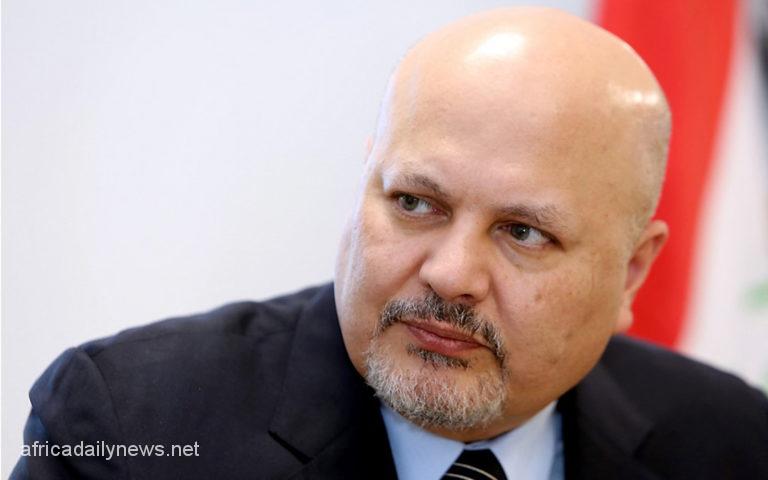After weeks of speculation, Africa Daily News, New York can reliably report that Karim Khan who is the International Criminal Court’s (ICC) chief prosecutor has finally gotten to arrive in Sudan, which has been torn apart by unrest since the 2019 ouster of its leader who had been accused of genocide and war crimes.
“The ICC prosecutor and a court delegation will hold a number of meetings with senior officials and he will be visiting the Darfur region,” the state news agency SUNA had reported late Saturday.
Read Also: ICC Lifts Arrest Warrant For Ivory Coast Ex-First Lady
It has also been reported that Khan’s visit will continue until August 25, SUNA said, a year after he visited the country for talks on some of the outstanding arrest warrants over the crimes which had been committed during the 2003 Darfur war under ousted president Omar al-Bashir.
His visit this year will also be marked as the third visit by an ICC prosecutor to Sudan since Bashir’s ouster in April 2019.
Khan’s predecessor, Fatou Bensouda who had visited earlier had held talks in Sudan in May 2021, bringing the strife-hit country’s former leaders one step closer to being tried at The Hague for war crimes.
Sudan has also been reeling from deepening unrest, some of the spiralling economic crisis, and a spike in ethnic clashes, including in Darfur, since a military coup last year led by army chief Abdel Fattah al-Burhan.
The October military coup upended a fragile transition which had been put in place following the ouster of Bashir, who was deposed following months of protests.
Bashir remains wanted by the ICC over his role in the 2003 Darfur conflict, which pitted ethnic African minority rebels complaining of discrimination against his Arab-dominated government. Khartoum then responded by unleashing the notorious Janjaweed militia, recruited from among the region’s mainly Arab nomadic peoples.
Human rights groups have long accused Bashir and his former aides of using a scorched earth policy, raping, killing, looting and burning villages.
The United Nations says 300,000 people were killed and 2.5 million displaced during the conflict.
In 2020, Sudan signed a peace deal with key rebel groups, including in Darfur, that was hoped to end the conflict in the far-flung region. Several ex-rebel leaders have since taken top positions in government.










